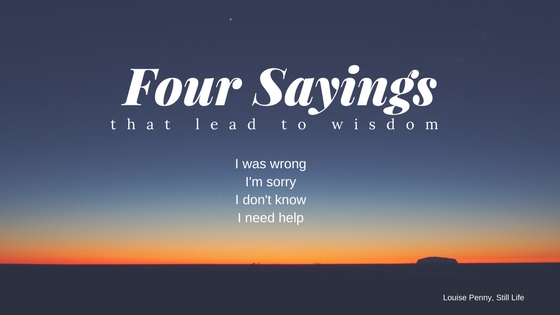The real “art” of writing compelling copy—words that matter and draw people into the story—is in knowing what goes where and how to edit for story potency. Here are three steps to get you started:

- Your first draft will never be your best draft, but that doesn’t mean it won’t be full of great fodder for the finished piece, whether it is a short story, magazine article, blog post, or the concept for a full-length novel. Your first intention should be only to get words on paper, or on screen, if you prefer. Just get your thoughts down as if you were talking to a friend, and try to do it in ten minutes or less. Then walk away for at least two hours.
- Now it’s time to organize and edit. For a 300-word article or post, give yourself no more than 30 minutes. Read it out loud to yourself, note changes needed, then walk away again. I know some will argue this point, but in my writing, I rarely sit for more than an hour before I need a mental and physical break, and I do edit as I go along.
- The final round of the practice is to read your piece out loud to someone you trust to tell you the truth. If you stumble over words or phrases, change them. If your sentences are more than 20 words, break them in half. If you’ve used industry jargon or ten-dollar words, clean things up. If you’ve wasted too much space with unnecessary introductory material—a common error for new or untrained writers—your friend should tell you. Get rid of it. Make it worth your reader’s while.
My very first copy writing instructor drilled in into our heads to look for the parts of what we had written that we really loved—the sentences or phrases to which we were emotionally attached—and cut them out completely. This is the “kill your darlings” process, a challenging exercise in non-attachment and journalistic excellence that, in the end, will make your writing stronger.
Here is a post you may also find helpful.




 We call the bad things, the dysfunctional things “lemons.” We say, “When life hands you lemons, make lemonade,” meaning throw a bag of sugar over it so you don’t see the dysfunction, the mechanical failures, the sourness of your situation.
We call the bad things, the dysfunctional things “lemons.” We say, “When life hands you lemons, make lemonade,” meaning throw a bag of sugar over it so you don’t see the dysfunction, the mechanical failures, the sourness of your situation.